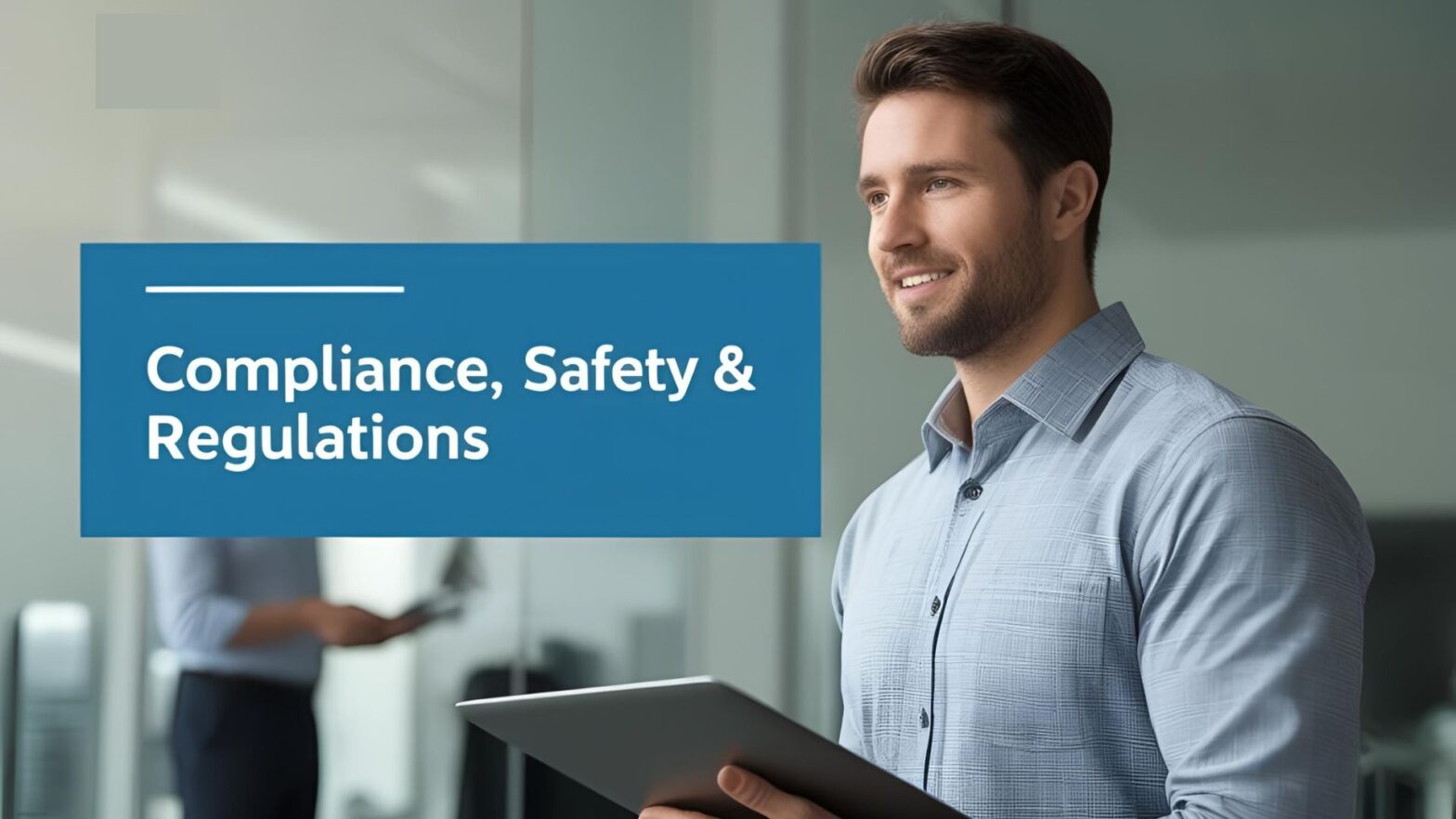Inspections related to environmental compliance are becoming increasingly common—and more stringent. For businesses in the building materials sector, proper handling and disposal of materials is not only a matter of compliance but also of corporate responsibility and brand integrity.
Whether your company deals with adhesives, treated wood, paints, or other materials with regulated disposal requirements, it’s essential to be fully prepared when inspectors arrive. Here’s how to get ready for an environmental inspection with confidence and clarity.
Understand What Inspectors Are Looking For
Environmental inspections typically focus on how your business handles, stores, and disposes of materials that could harm the environment if not managed properly. Inspectors may review:
Waste segregation and labeling
Disposal practices for hazardous and non-hazardous materials
Documentation of disposal methods and service providers
Spill containment systems
Employee training records related to environmental compliance
Storage protocols for materials awaiting disposal
Knowing what falls under the scope of your specific regulatory obligations—such as EPA, local environmental agencies, or state-specific programs—is the first step to preparation.
Review and Update Your Waste Management Plan
Start by reviewing your current waste management plan. It should clearly outline how all types of waste are categorized, stored, transported, and disposed of. If you don’t have a formal plan, now is the time to create one.
Make sure your plan covers:
The classification of all waste streams
Proper labeling and containment methods
Approved disposal or recycling vendors
Frequency of pickups and proper manifests
A solid, well-documented waste management plan is one of the first things an inspector will ask for.
Conduct an Internal Audit
Before any official inspection, perform a thorough internal audit to identify potential noncompliance issues. Walk through your facility and review:
Whether waste containers are properly labeled and sealed
If storage areas are organized and free of leaks or spills
Whether all disposal records are up to date and readily accessible
If your staff understands basic handling procedures
An internal audit helps you find and fix gaps before a third party does.
Ensure Proper Documentation Is on Hand
Paperwork is a critical part of any environmental inspection. Make sure you have the following ready and organized:
Waste manifests and shipping records
Material Safety Data Sheets (MSDS) for all products in use
Permits related to waste storage or handling
Contracts with licensed disposal vendors
Employee training logs related to environmental procedures
Documentation not only proves compliance—it demonstrates a culture of accountability.
Train Your Team
Even the best procedures can fall apart if your staff isn’t trained to follow them. Ensure all employees involved in material handling and disposal understand their responsibilities. Training should cover:
Identifying hazardous vs. non-hazardous waste
Safe handling and storage procedures
Emergency response protocols for spills
Proper use of labeling and containment
Keep records of all training sessions, including attendance and materials used.
Prepare for the Physical Walkthrough
During the inspection, regulators will likely conduct a physical tour of your site. To prepare:
Clean up storage areas and disposal zones
Ensure all waste is in labeled, closed containers
Confirm that emergency spill kits are stocked and accessible
Double-check that all exits, signage, and safety stations are unobstructed
The condition of your facility can strongly influence the outcome of an inspection—first impressions matter.
Conclusion
Preparing for an environmental inspection requires a mix of planning, documentation, and operational discipline. For businesses in the building materials industry, where materials often involve chemical or regulated components, staying compliant is not optional—it’s essential.
By developing strong internal systems, training your team, and keeping detailed records, you’ll be ready when the inspector knocks on your door. And even better, you’ll be contributing to a safer, more sustainable industry.


